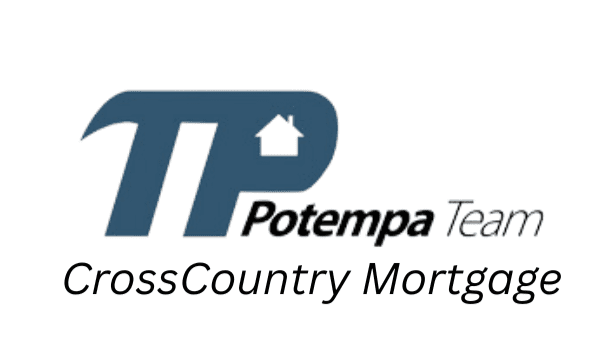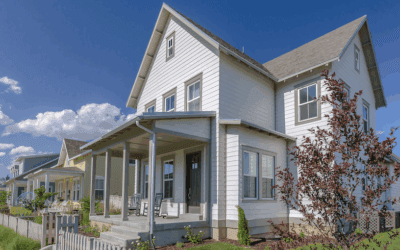Mortgage refinance is an option in the mortgage industry that’s sometimes misunderstood. A mortgage refinance is when you obtain a new mortgage with more favorable terms for your home. It takes the place of the original mortgage.
These are relatively popular. On August 31, 2022, the Mortgage Bankers Association reported that 30.3% of all mortgage applications were for refinances.
Anyone considering a mortgage refinance must consider several points to determine if it’s in their best interests. There are some cases in which it’s the best option, but there are some drawbacks to consider.
Benefits of a Mortgage Refinance
When a refinance is favorable, it can result in you having a lower monthly payment. You may be able to pay your home off faster. People with a higher interest rate or an adjustable rate on their current mortgage might be able to lock in at a lower rate with a refinance.
Some refinance to tackle home improvement projects, cover significant expenses, or eliminate a HELOC. These could be beneficial, but you must ensure that you’ll be able to make the payments on your home after you receive one of these cash-out refinances.
If you choose a cash-out to pay for home improvement expenses, you’ll be able to deduct some of the costs of the refi. You need to discuss the situation with your tax professional to determine if this is an option for you.
Drawbacks of a Mortgage Refinance
One of the most significant drawbacks of a refinance is that it restarts the mortgage clock, but this might not be a factor if you’re moving to a shorter mortgage than what was left on your previous mortgage. There’s also a chance you could have higher monthly payments, but that’s only sometimes the case.
Part of getting a refinance is that you need a new appraisal. Depending on the housing market, this might be lower than your previous appraisal, so you could end up upside-down and need more equity to refinance. You must also ensure a credit score that will get you favorable terms.
You also need to think about the costs of the refi. Typically, a refinance has closing costs of 3% to 6% of the total. There are also various fees, including application, appraisal, and origination fees. This should be factored into whether you can afford to refinance your mortgage.
Finally, there’s a chance refinancing could eventually lead to you losing your home if you overspend. This is most common if the monthly payments or interest rates are higher with the refi than they had with the original mortgage.
Contact The Potempa Team Today
The professionals with The Potempa Team are ready to help you find your options for refinancing your mortgage. We walk you through the necessary steps to enjoy the benefits and security of a refi in your best interests. Contact us today to get started.





